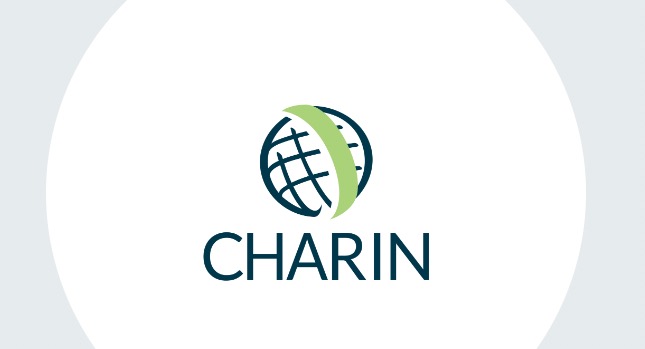Tesla and Ford’s Charger Alliance Challenged by CCS Coalition

The Charging Interface Initiative (CharIN), global association behind the Combined Charging System (CCS) for electric vehicles, has voiced concerns following Ford Motor Company’s decision to adopt Tesla’s North American Charging Standard (NACS) Proprietary Network for their 2025 EV models.
CharIN says it wants a unified, global charging standard, the Combined Charging System (CCS), which is currently used by the majority of major domestic and international automakers.
In its official statement, CharIN warned against the proliferation of numerous charging systems, noting that the rise of different standards could stifle the growth of the global EV industry. The organization pointed out that the CCS system, backed by over 300 CharIN members worldwide, ensures interoperability across different vehicle brands and models, reducing confusion and streamlining the user experience.
Moreover, CharIN expressed opposition to the use of adaptors, citing potential technical issues, including functional safety hazards and increased chances of equipment failure. The use of adaptors, according to CharIN, could also hamper the overall user experience due to their impact on the handling of charging equipment.
Furthering their stance against proprietary standards, CharIN asserted that the choice for market acceleration and widespread adoption of CCS should be prioritized. The organization argues that proprietary systems, such as the NACS, could increase consumer confusion and delay the mainstream adoption of EVs.
There are over 81,000 DC fast chargers using CCS worldwide, versus 45,000 Tesla Supercharger connectors. The problem with CCS chargers? Sometimes third-party charging networks are either down or not working at all. Tesla’s Superchargers have averaged an uptime of over 99%.
CharIN also underscored the critical role of standards development organizations like ISO, IEC, and SAE in the adoption of new technologies, cautioning against the hasty introduction of a system like NACS, which hasn’t yet been recognized as a standard by any international body. Jeez, these guys are really scared.
“We strongly encourage the EV industry to work with CharIN’s membership base to create a fully interoperable EV charging network that best serves the needs of all consumers and will enable a better and faster transition to electric vehicles,” it said.
Sounds like CharIN is definitely rattled now that Ford has decided to go with Tesla’s NACS. Ford EV customers will get a superior charging experience that just entails plugging in a connector to charge and walking away, with payments all handled automatically with the Tesla app. The CCS connector is also much bigger and bulkier compared to Tesla’s connector.

OK, let’s see:
“Currently used by the majority of… automakers.” — OK, but in terms of the number of actual END users, I think the NACS charger is way ahead. Well maybe only in the US, but I’m biased.
“…warned against the proliferation numerous charging systems” — But, there are basically only two, and nobody’s proposing adding another.
“… reducing confusion and streamlining the user experience” — I think all those chargers that don’t work is confusing, and nobody offers a more streamlined experience than Tesla/NACS.
“81,000 vs 45,000” — How about comparing the number of working vs malfunctioning chargers? Or comparing the number of successful charging sessions on each system?
“critical role of standards development organizations” — I spent a lot of time (too much!) with standards org’s in my career, and they move at a glacial pace, if at all.